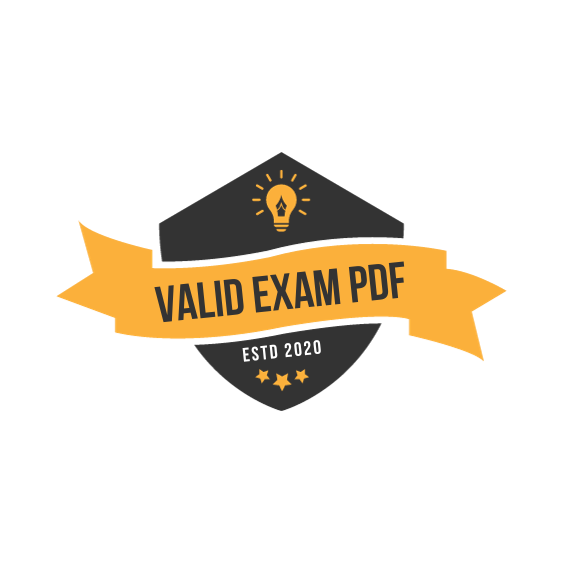The role of an Educational Department, often referred to as the Department of Education or Ministry of Education, encompasses a wide range of responsibilities aimed at managing, regulating, and improving the educational systems within a country, state, or region. Here’s an overview of the key functions and roles:
1. Policy Formulation and Implementation:
- Educational Policy Development: The Educational Department is responsible for developing policies related to all levels of education, from primary to tertiary, ensuring they align with national goals and societal needs.
- Regulation and Standards: It sets educational standards, curricula, and guidelines to ensure consistency and quality across educational institutions.
2. Curriculum Development and Management:
- Curriculum Design: The department oversees the creation and updating of curricula to reflect current knowledge, skills, and competencies required in various fields.
- Instructional Materials: It approves textbooks and other instructional materials to be used in schools, ensuring they meet educational standards.
3. Teacher Training and Certification:
- Professional Development: The Educational Department is responsible for setting standards for teacher qualifications and providing ongoing professional development opportunities.
- Teacher Certification: It manages the certification process for teachers, ensuring that educators are qualified to teach according to established standards.
4. Quality Assurance and Accreditation:
- School Inspections: The department conducts regular inspections and evaluations of schools and educational institutions to ensure they meet required standards.
- Accreditation: It accredits educational institutions, programs, and courses, ensuring they meet national or regional educational standards.
5. Resource Allocation and Budgeting:
- Funding and Financial Management: The Educational Department allocates funding to schools and educational programs, managing budgets to ensure resources are used effectively.
- Infrastructure Development: It oversees the development and maintenance of educational infrastructure, including school buildings, laboratories, and libraries.
6. Student Assessment and Examinations:
- Standardized Testing: The department is often responsible for designing and administering standardized tests and examinations at various educational levels.
- Evaluation and Reporting: It monitors student performance across the education system, using data to inform policy decisions and improve educational outcomes.
7. Inclusivity and Equal Access:
- Special Education: The department ensures that students with special needs have access to appropriate educational services and support.
- Gender Equality and Social Inclusion: It promotes equal access to education for all, regardless of gender, socio-economic status, or cultural background.
8. Education and Career Guidance:
- Career Counseling: The department provides resources and guidance to help students make informed decisions about their educational and career paths.
- Lifelong Learning: It promotes lifelong learning opportunities, including adult education and vocational training, to support continuous personal and professional development.
9. Collaboration with Stakeholders:
- Partnerships with Institutions: The Educational Department works with universities, colleges, schools, and private sector partners to enhance the quality and relevance of education.
- Engagement with Parents and Communities: It involves parents, communities, and other stakeholders in educational decision-making and support for schools.
10. Research and Innovation:
- Educational Research: The department supports and conducts research to identify best practices, innovative teaching methods, and new approaches to learning.
- Technology Integration: It promotes the use of technology in education, supporting initiatives that incorporate digital tools and resources into the learning process.
11. Legislation and Regulation Enforcement:
- Education Laws: The department enforces education-related laws and regulations, ensuring that schools and institutions comply with national or regional legal requirements.
- Policy Enforcement: It monitors the implementation of educational policies and takes corrective actions when necessary.
12. National and International Representation:
- National Educational Goals: The department represents the nation’s educational goals and priorities in national and international forums.
- International Collaboration: It collaborates with international organizations, governments, and agencies to improve education systems and align with global educational standards.
13. Crisis Management and Support:
- Emergency Response: The department coordinates responses to educational disruptions caused by natural disasters, pandemics, or other emergencies, ensuring continuity of learning.
- Student Welfare and Safety: It ensures the safety and well-being of students within educational institutions, implementing policies related to health, security, and well-being.
14. Monitoring and Evaluation:
- Educational Outcomes: The department monitors educational outcomes and assesses the effectiveness of educational programs and policies.
- Data Collection and Analysis: It collects and analyzes data on various aspects of the education system to inform decision-making and policy adjustments.
Conclusion:
The Educational Department plays a crucial role in shaping the education system, ensuring that it meets the needs of the population, promotes social equity, and prepares students for the challenges of the future. By managing and regulating various aspects of education, the department helps create a conducive environment for learning and personal development, contributing to the overall socio-economic growth of the country or region








